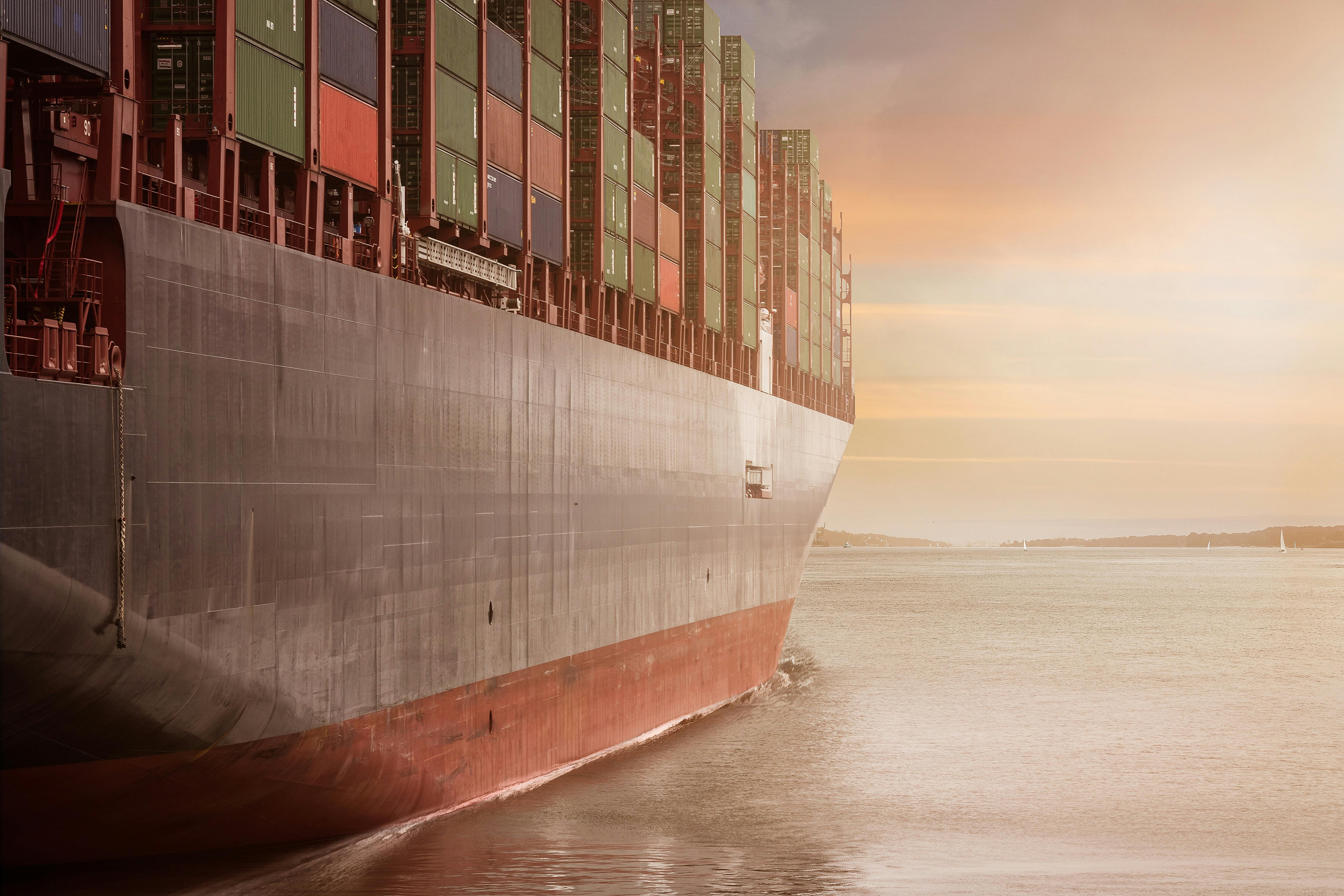Sustainable Logistics Solutions: Paving The Way For Eco-Friendly Supply Chain
In the ever-evolving landscape of global commerce, the importance of sustainability has taken center stage, with businesses across industries recognizing the need for eco-friendly practices. One crucial area where sustainability can make a profound impact is in logistics and supply chain management. As the world grapples with environmental challenges, the logistics sector is increasingly focusing on sustainable solutions to reduce its carbon footprint and contribute to a greener future.
Understanding the Environmental Impact of Traditional Logistics
Traditional logistics systems have long been associated with significant environmental consequences. The reliance on fossil fuels, inefficient transportation routes, and wasteful packaging contribute to air and water pollution, deforestation, and an overall increase in greenhouse gas emissions. As global trade continues to expand, the environmental toll of traditional supply chains becomes more apparent, necessitating a shift towards sustainable alternatives.
The Rise of Sustainable Logistics Practices
The paradigm shift towards sustainable logistics is driven by both consumer demand and regulatory pressures. Consumers are increasingly conscious of the environmental impact of their purchases and are inclined to support businesses that prioritize eco-friendly practices. Governments and international bodies are also implementing regulations that incentivize or mandate sustainable supply chain practices. In response, businesses are embracing sustainable logistics as a strategic imperative rather than a mere compliance requirement.

Green Transportation and Alternative Fuels
One of the cornerstones of sustainable logistics is the adoption of green transportation. Electric vehicles (EVs), hydrogen-powered trucks, and biofuels are emerging as viable alternatives to traditional diesel-powered vehicles. Companies are investing in eco-friendly fleets to not only reduce emissions but also to benefit from lower operating costs in the long run.
Optimized Route Planning and Supply Chain Visibility
Advanced technologies such as artificial intelligence (AI) and the Internet of Things (IoT) are playing a pivotal role in optimizing route planning and enhancing supply chain visibility. Real-time data analytics enable companies to identify the most efficient routes, reduce fuel consumption, and minimize delays. This not only lowers costs but also reduces the environmental impact associated with unnecessary fuel consumption and emissions.
Sustainable Packaging Solutions
Excessive and non-recyclable packaging has been a longstanding issue in the logistics industry. Sustainable packaging solutions, including biodegradable materials and reusable packaging, are gaining traction. Companies are redesigning their packaging to minimize waste and exploring innovative materials that have a lesser environmental impact.

Collaborative Efforts in the Supply Chain Network
Collaboration is key in building a sustainable supply chain. Businesses are forming partnerships with suppliers, manufacturers, and distributors to create a more integrated and environmentally friendly network. Shared transportation, warehousing facilities, and collaborative distribution centers are examples of how companies are working together to reduce resource consumption and increase overall efficiency.
Benefits of Sustainable Logistics
The adoption of sustainable logistics practices goes beyond environmental stewardship; it also offers a range of tangible benefits for businesses.
- Cost Savings: While initial investments in sustainable practices may seem significant, the long-term cost savings are substantial. Energy-efficient vehicles, optimized routes, and reduced waste all contribute to lower operational costs. Additionally, businesses adhering to sustainable practices often enjoy tax incentives and subsidies from governments promoting eco-friendly initiatives.
- Enhanced Brand Image and Customer Loyalty: Consumers today are more environmentally conscious than ever before. Businesses that prioritize sustainability in their supply chain not only appeal to this consumer sentiment but also build a positive brand image. This can lead to increased customer loyalty and a competitive edge in the market.
- Regulatory Compliance and Risk Mitigation: As governments worldwide tighten regulations around environmental impact, businesses that proactively adopt sustainable logistics practices position themselves for compliance with current and future regulations. This proactive approach also mitigates the risks associated with potential fines and legal repercussions.
Challenges and Future Outlook
While the momentum for sustainable logistics is growing, challenges remain. High initial costs, lack of standardized practices, and the need for technological investments pose barriers for some businesses. However, as technologies mature and economies of scale kick in, these challenges are likely to diminish.
The future of sustainable logistics holds promise. Innovations in renewable energy, advancements in electric vehicle technology, and a growing emphasis on circular economies are paving the way for a greener and more sustainable supply chain ecosystem. Businesses that embrace these changes today will not only contribute to a healthier planet but also position themselves as leaders in a rapidly evolving and conscientious marketplace. Explore elitelogisticsaus.com.au for an enhanced and sustainable logistics collaboration.
Sustainable logistics is not just a buzzword; it is a fundamental shift towards a more responsible and environmentally conscious approach to supply chain management. Businesses that prioritize sustainability in their logistics operations stand to gain not only in terms of cost savings and regulatory compliance but also in fostering positive relationships with customers and stakeholders. As the world looks towards a more sustainable future, the role of logistics in driving eco-friendly supply chain solutions becomes increasingly crucial, pointing the way towards a harmonious coexistence between commerce and the environment.

